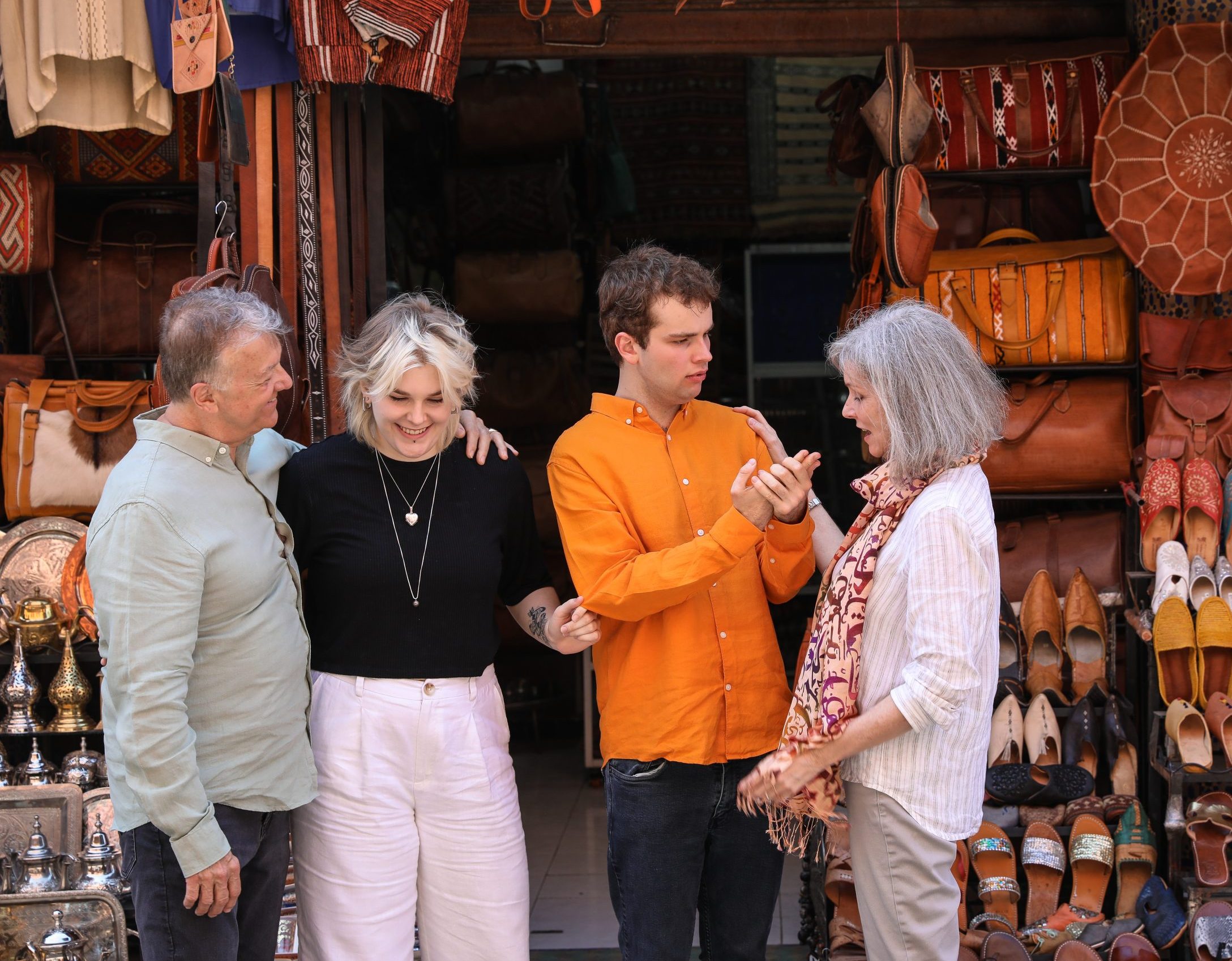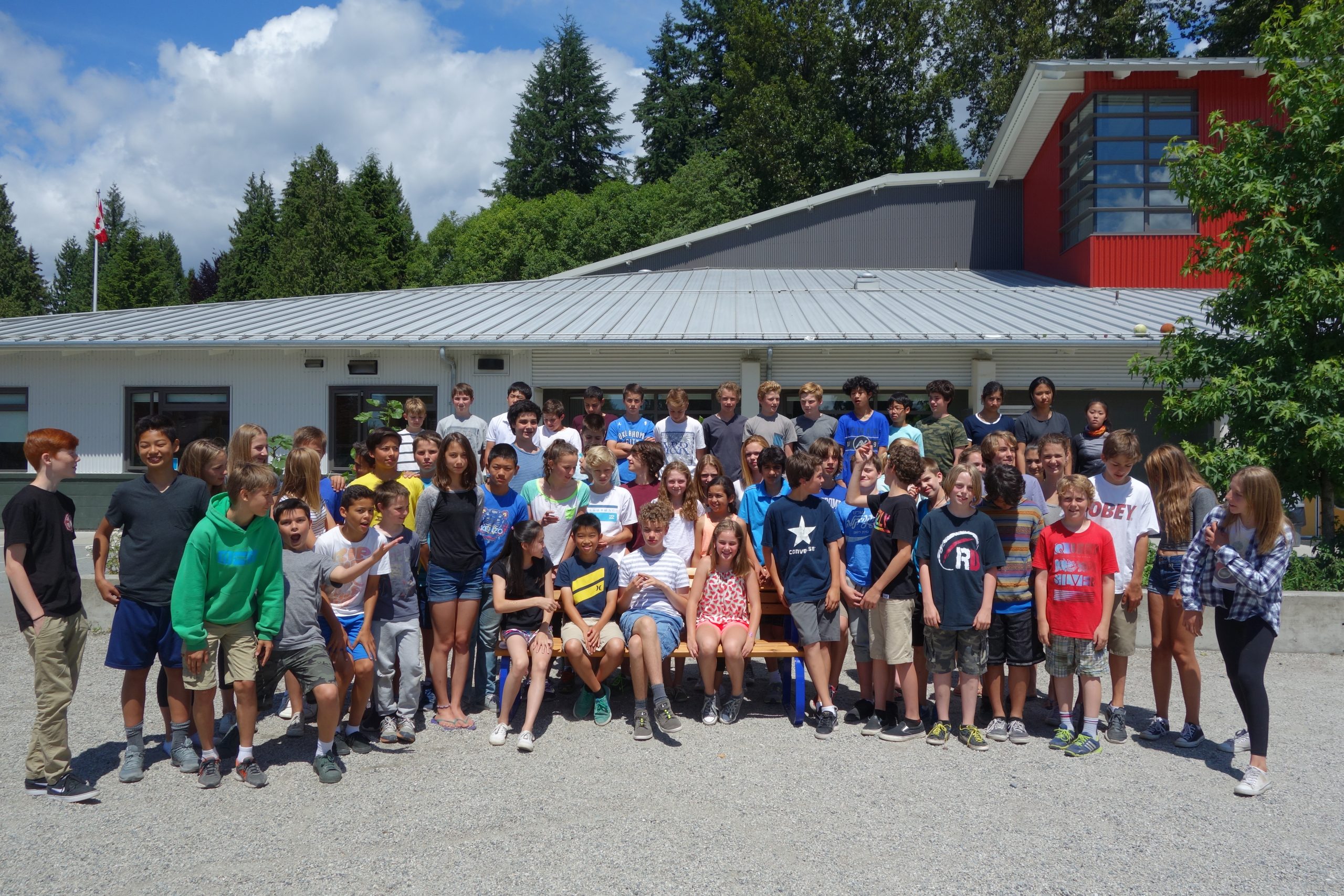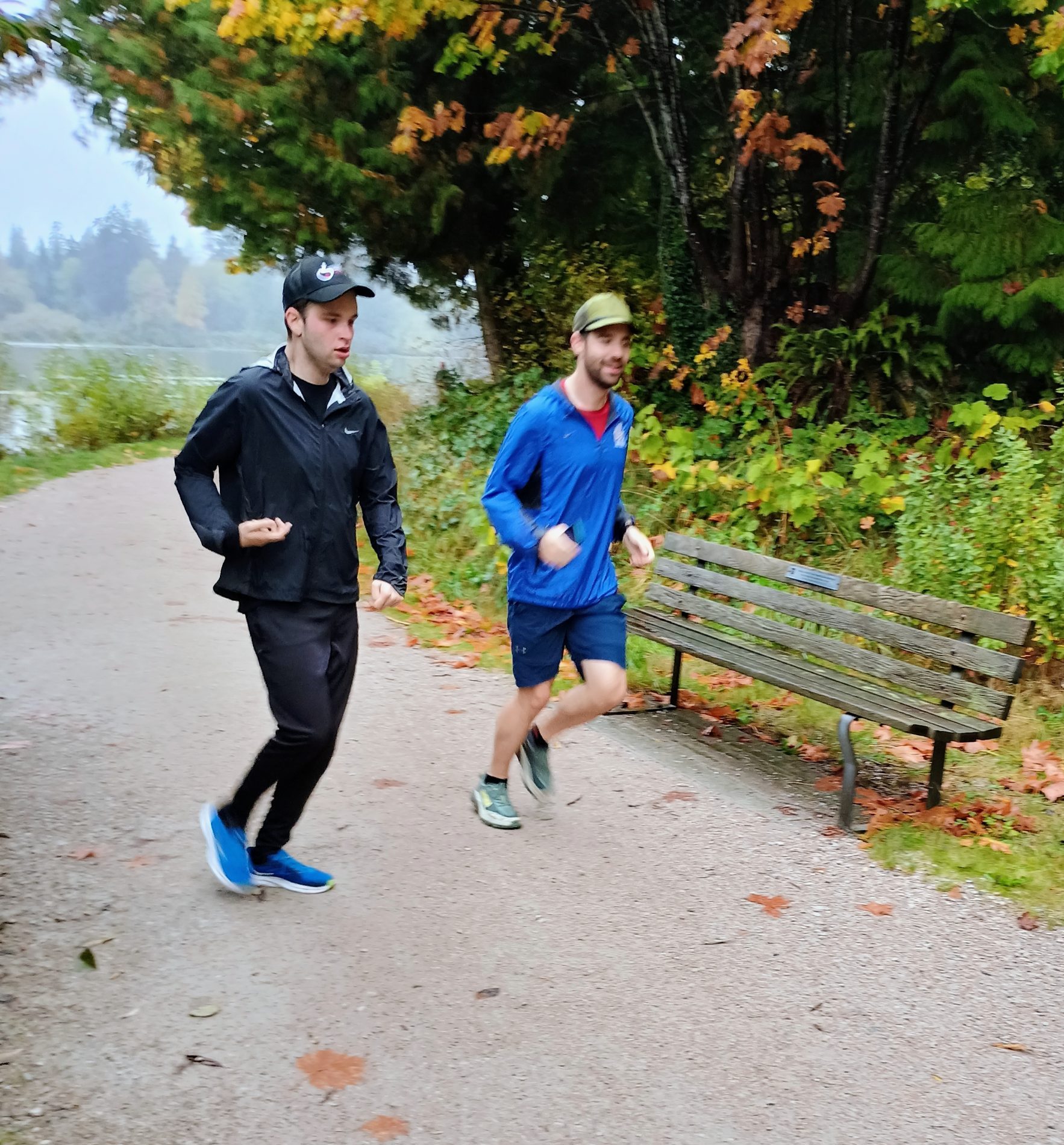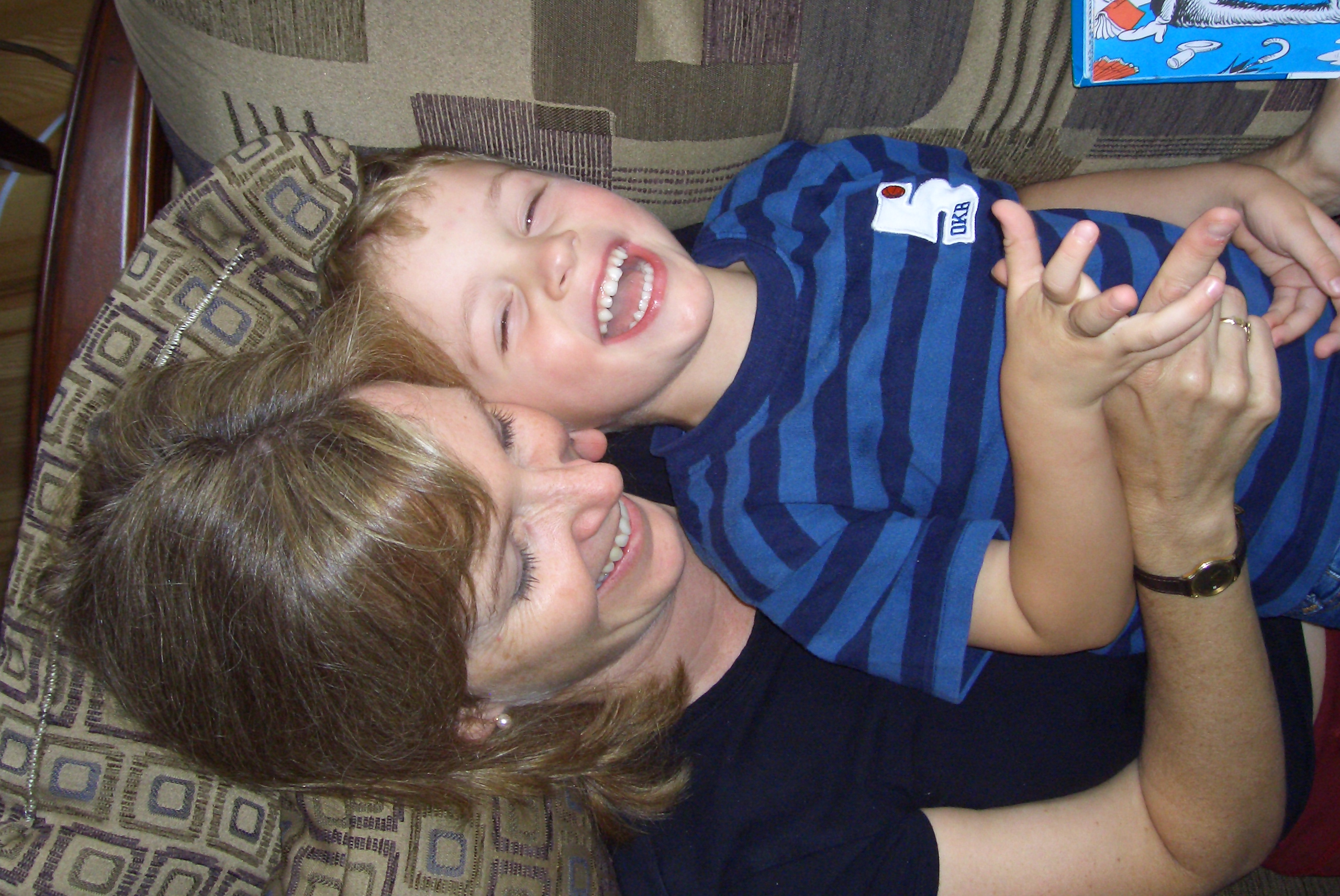Chase DeBalinhard was shot dead by police in a suburban Vancouver neighbourhood one afternoon in mid-February. His parents believe their fifteen-year-old boy was on his way to his schoolyard to make a video, something he enjoyed doing.
Like Ges, this boy had ASD (Autism Spectrum Disorder) and intellectually functioned years below his chronological age. Perhaps, like Ges, he avoids strangers. Chase was shot while trying to keep clear of the police strangers.
This tragic episode has ignited all my fears I wrote about in the Globe and Mail and Autism Parenting Magazine when the police were called on us. In our case, no one was injured and I wasn’t far away.
It’s also got me thinking about the thousands of experiences I’ve observed with Ges in public over the years. We’ve seen people lean in with inquisitiveness and we’ve experienced people react with alarm. Calling the police is a fearful response. Knocking on a neighbour’s door to ask if everyone’s okay, as I mentioned in my most recent blog post, is a leaning-in, curious response.
I ask myself why neurodiversity is scary for so many. People like Chase and Ges have been sequestered and hidden away. Increasingly, however, not so much. But how do we navigate these new realities? When people encounter Ges it can be awkward and confusing. Unless they’ve had experience with difference, they look away or act nervous and edgy when they don’t understand. If I’m present, I’m happy to be a Ges-bridge. His unintelligible speech and the slowness of the voice output software on his phone are confusing.
But there isn’t always a “Ges expert” on hand.
Part of society’s social contract is understanding the expectations around social engagement, to say please and thank you or say hello in response to a greeting. When confronted with Ges’s seeming indifference to all of this, a common response is confusion. People feel flustered when they don’t know how to engage… they don’t know what’s appropriate and become agitated trying to figure out how to interact in ways that won’t embarrass them or him.
I can’t speak for Ges, but I promise I won’t judge if you need help to understand him or fail to connect with him. I’ll appreciate the gesture.
Being curious and trying are what matter. Neurodiversity doesn’t need to be scary.





0 Comments